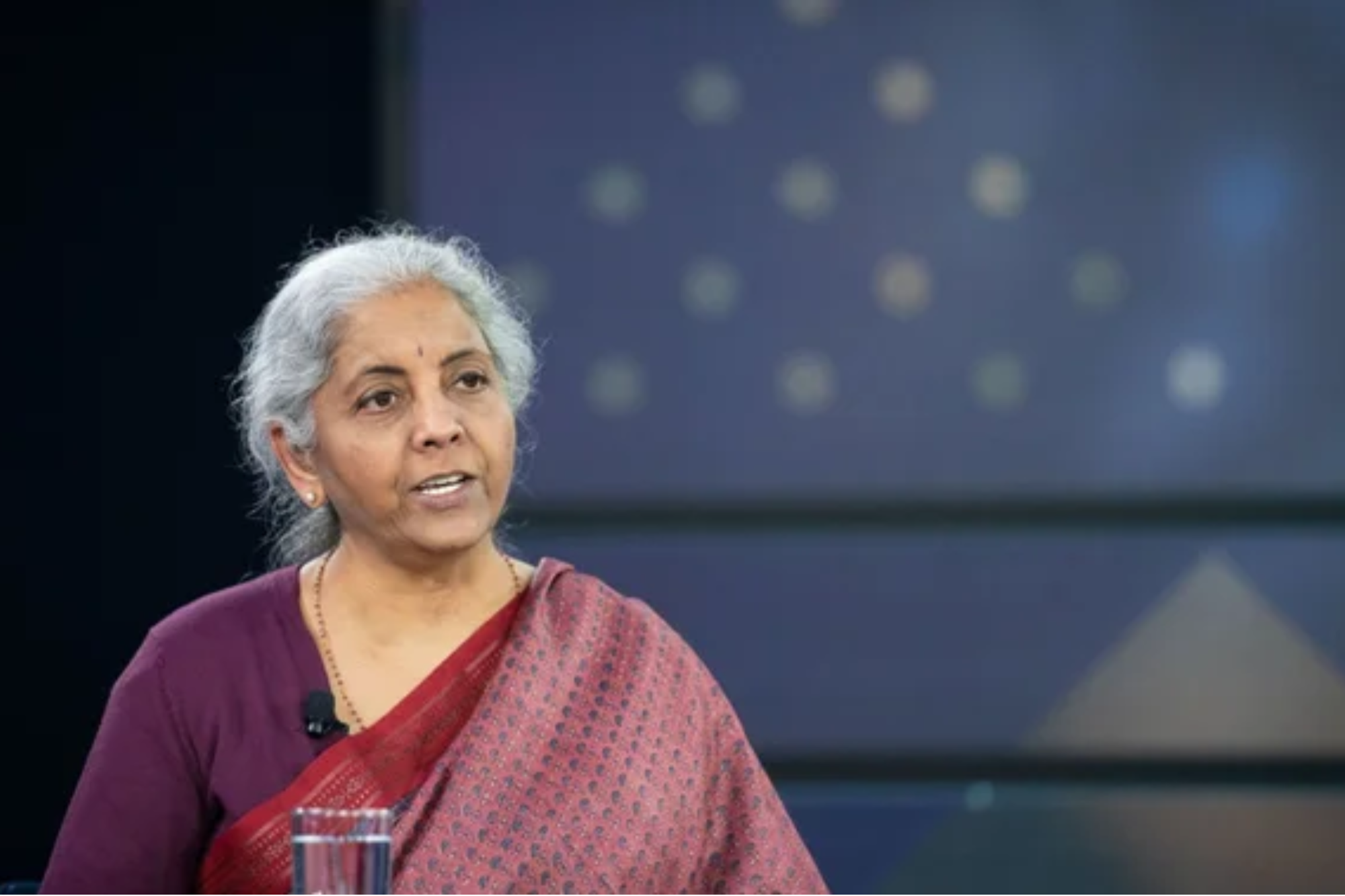No Immediate Plans For Manufacturing Or R&D In India; To Works With Local Customers: Christophe Fouquet, CEO, ASML We are establishing a customer support office to work more closely with local customers and eco-system partners. As India continues to expand its semiconductor manufacturing capabilities, ASML is pleased to contribute its technological expertise, says Christophe Fouquet
Opinions expressed by Entrepreneur contributors are their own.
You're reading Entrepreneur India, an international franchise of Entrepreneur Media.

ASML, a Dutch semiconductor equipment maker and a major player in the semiconductor value chain, sees opportunities in the Indian market to collaborate and support the country's progress in chip production. "ASML is a strategic partner for India's semiconductor future. As India continues to expand its semiconductor manufacturing capabilities, ASML is pleased to contribute its technological expertise to this development. While we do not have immediate plans for manufacturing or R&D in India, we are establishing a customer support office to work more closely with local customers and eco-system partners," Christophe Fouquet, president and CEO, ASML told Entrepreneur India, in an exclusive interaction.
ASML is a leading supplier to the semiconductor industry. The company provides chipmakers with hardware, software and services to mass produce the patterns of integrated circuits (microchips). Together with its partners, ASML drives the advancement of more affordable, powerful, and energy-efficient microchips.
ASML attended SEMICON India 2025 for the first time, emphasizing its commitment to supporting India's growing semiconductor industry. The company showcased its holistic lithography portfolio, which integrates lithography systems, computational software, metrology, and inspection solutions. "India has been showing progress in developing its ambitions in the semiconductor industry with investments, a strong talent pool and clear support from the government. We welcome India's vision as it will strengthen the global industry. We look forward to learning more about India's semiconductor industry, establishing new relationships and preparing opportunities," he said in his keynote address at SEMICON.
India continues to expand its semiconductor manufacturing capabilities, currently focusing on mature-nodes, primarily in the 28nm to 65nm range, rather than the cutting-edge nodes. This strategic approach aims to fill a crucial gap in the global supply chain for widely used chips in sectors like automotive, industrial electronics, and telecom. While India is also developing advanced 3 nm chip design facilities, its primary manufacturing goals involve establishing a strong foundation in mature-node fabrication to build its semiconductor ecosystem and infrastructure for long-term success.
ASML offers a comprehensive portfolio of lithography solutions that are essential across the semiconductor manufacturing spectrum. Furthermore, ASML's EUV lithography systems are primarily used in advanced semiconductor manufacturing, specifically for nodes at 7nm and below. "The accessibility of EUV technology largely depends on customers' technology roadmap. We are pleased to contribute our technological expertise to India's development," the CEO told Entrepreneur India
India's semiconductor market is projected to exceed USD 55 billion by 2026 and USD 100 billion by 2030, fueled by strong demand in smartphones, automotive, and 5G IoT, alongside strong government support. ASML's advanced lithography technologies can help Indian chipmakers produce smaller, more powerful chips while improving yield and performance, enabling cost-effective, high-volume production. As India's fabs are just starting out — does holistic lithography only benefit advanced fabs, or can it help with mature nodes too?
"Holistic lithography benefits both advanced and mature nodes. For India, which may begin with mature- node production, our solutions can already help improve efficiency and yield. As India moves towards more advanced technologies, holistic lithography is designed to scale with those needs," the CEO added.
So far, the government of India has approved 10 projects in areas of strategic importance, including high-volume fabrication units (Fabs), 3D heterogeneous packaging, compound semiconductors (including Silicon Carbide – SiC), and outsourced semiconductor assembly and test (OSATs).











